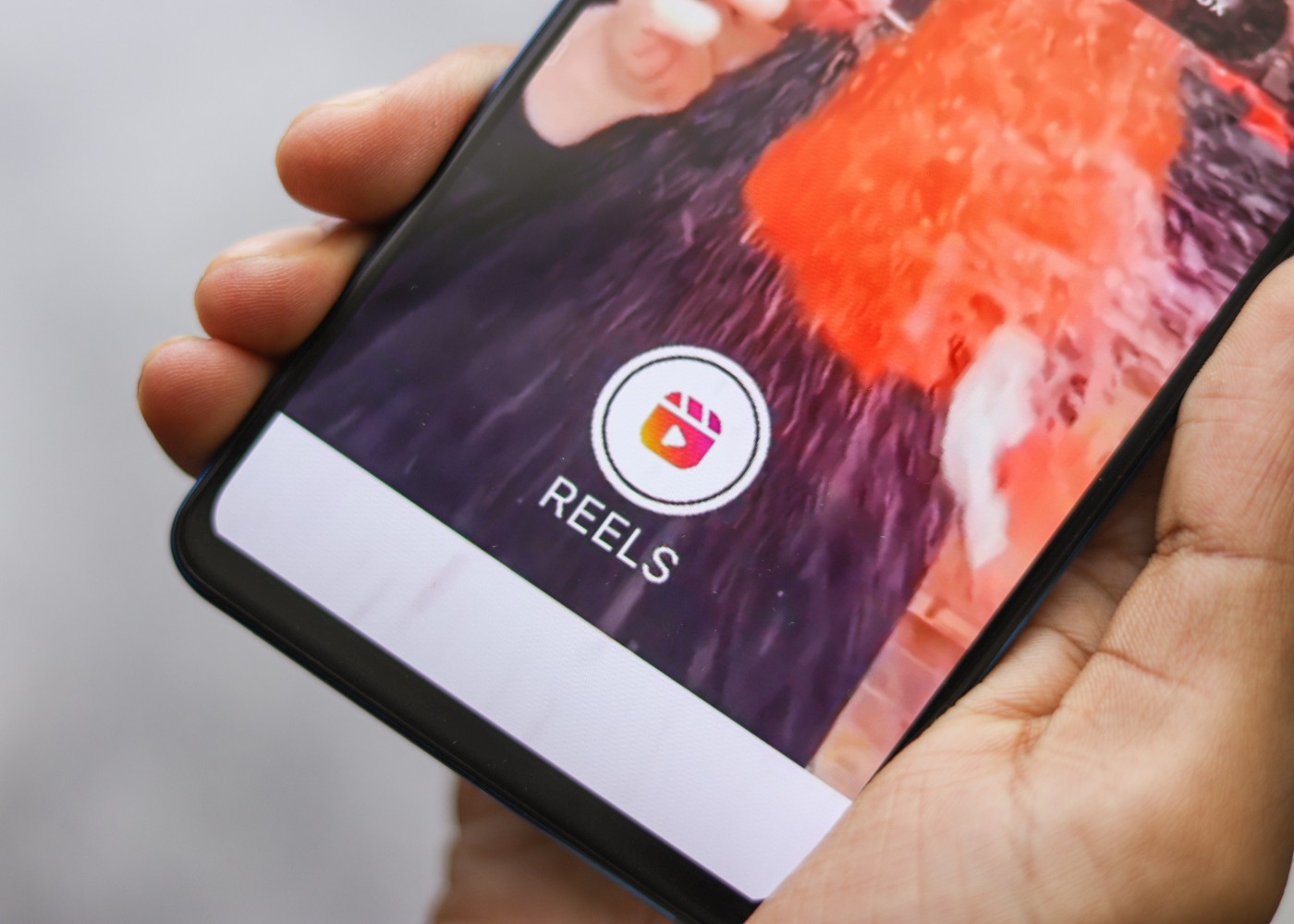
The market is in constant flux; competition is fierce, and every business is quickly adapting to these changes. And if your brand must prosper in the face of such intense market competition, it must win the hearts of your target audience.
But how can you win over people who’ve never interacted with or experienced your exceptional products and services? The answer lies in understanding brand positioning and how it can help your business win the trust of your customers.
And what better way to understand brand positioning principles than by putting them to the test? That’s precisely what we did in a recent survey. But before we check out our survey results, let's shine a light on why proper brand positioning is critical for businesses.
Why Brand Positioning is Vital
Building a great brand and positioning it is crucial for business success, and any entrepreneur who wants to start a firm must focus on these because:
According to Fundera's research, 89% of customers value and remain loyal to enterprises that reflect their values, and 61% choose to purchase from businesses that provide unique content.
According to Demand Metric, companies that are consistent in their offerings and messages are 3.5 times more well-known than those that are inconsistent.
The Consumer Thermometer shows that 64% of women and 68% of men feel emotionally connected to the brands and products they love.
According to Gensler's research, 94% of people are more likely to recommend firms they enjoy to their peers.

Tesla's Successful Brand Positioning
Tesla is a significant player in the automobile business. On the surface, the firm established itself as an industry leader by pioneering the transition to renewable energy in the automobile sector and obtaining customer and investor support and finance.
When you look closer, what Tesla accomplished was position their company by establishing a consistent:
- Marketing Strategy: Despite the business's lack of a marketing budget, its strong social media presence, great use of referral systems, and Elon's reputation have helped it stand out.
- Brand mission: Tesla aims to hasten the transition to sustainable green energy.
- Segmentation: Tesla focuses on high-performance, low-volume automobiles.
- Big ideas: Building improved technologies and constructing scalable and sustainable energy generating and storage systems.
- Position: By using the statement, "the only stylish car that can go from 0 to 100 in 3 seconds without a drop of oil," Tesla positioned itself as a technological corporation.
As you begin the journey of starting your business and finding a great company name idea, you cannot afford to disregard the importance of accurately positioning your brand. While at it, keep in mind that positioning isn't a one-day job; it might take months or even years of persistent effort.
So, to assist you in successfully positioning your brand, we examined several brand positioning techniques to observe how consumers react to firms that adopt a traditional vs. modern position.
Wondering Why We Performed the Survey?
Our goal was to determine which brand positioning drew individuals in and how this changed depending on their demographics.
Whether you run a small, medium, or large brand, this research will assist you in making quick, well-researched branding decisions to help your brand thrive in a crowded market.
However, to accomplish our goals, we needed to ask Americans a vital question: "Would you prefer to work with a fresh, creative brand or a traditional, trustworthy organization?"
Why’d We Ask This Question?
First, understand that selecting the tone of your brand is one of the most essential and defining branding decisions you'll make when launching or rebranding your business.
Every entrepreneur, product manager, or brand executive must find the best tone for their business because it’d help them position their business correctly.
Take a moment to imagine if:
- Hydrox had had a better name than Oreo
- Amazon had remained Cadabra
- Zappos was still ShoeStore
Your brand's tone heavily influences your business's identity and how people perceive it. As a result, your brand’s tone is so vital to your company that you can't afford to disregard it while looking for a great business name.
Our survey dug deep to discover which customer demographics loved new businesses and which preferred old brands. We did this because deciding whether to go modern or traditional is one of the most critical decisions entrepreneurs struggle with when building their brand.
Here’s What We Discovered
Even though we expected some of the feedback we got, the overall results were eye-opening.
Here's a quick summary of what we learned from the 301 people we surveyed:
- People aged 25 to 34 drew closer to modern brands. We discovered that half of those surveyed preferred modern brands over traditional ones.
- People aged 35 to 45 favored modern brands as well. It's worth noting that this group was split equally between the two alternatives.
- Traditional brands drew those aged 45—54 and 55—65.
- Traditional companies also appealed to those aged 55 to 65.
- Men exhibited no preference for new and classical brands.
- Women, on the other hand, preferred classic over modern brands.
- Of the 301 persons we surveyed, 153 loved traditional brands, while 148 preferred new and trendy ones.
- According to our survey’s findings, your brand, whether modern or traditional, has the potential to flourish in any industry.
What Does This Mean for Your Brand?
The majority of young people adore modern, original, and unique companies. If you want to appeal to a younger audience, ensure your brand's tone is contemporary, unique, and engaging.
However, if your target customers are Baby Boomers and older Gen Xers, you should use a more classical tone.
Every entrepreneur who wishes to position their brand must evaluate their products, services, brand tone, and most especially, their audience demographics.
Here's an Excellent Example of a Strategically Positioned Brand.
Earlier in 2020, Netflix was booming. The virus had kept people indoors, and it's probably fair to say the entire country was in dire need of great entertainment to keep us occupied and take our thoughts off the virus, and Netflix was ideal for it.
However, two years later, the business struggles to find its place in the post-COVID world. Customers are fleeing in droves because Netflix has neglected its brand position by producing subpar series, raising pricing, and pushing to eliminate password sharing. Not to mention that competitive rivalry in the streaming business has soared.
Grant Polachek is the head of branding for Squadhelp.com, a 3X Inc 5000 startup and disruptive naming agency. Squadhelp has reviewed more than 1 million names and curated a collection of the best available names on the web today. We are also the world's leading crowd-sourced naming platform, supporting clients such as Nestle, Dell, Nuskin, and AutoNation.




















Comments (0)
Write a Comment